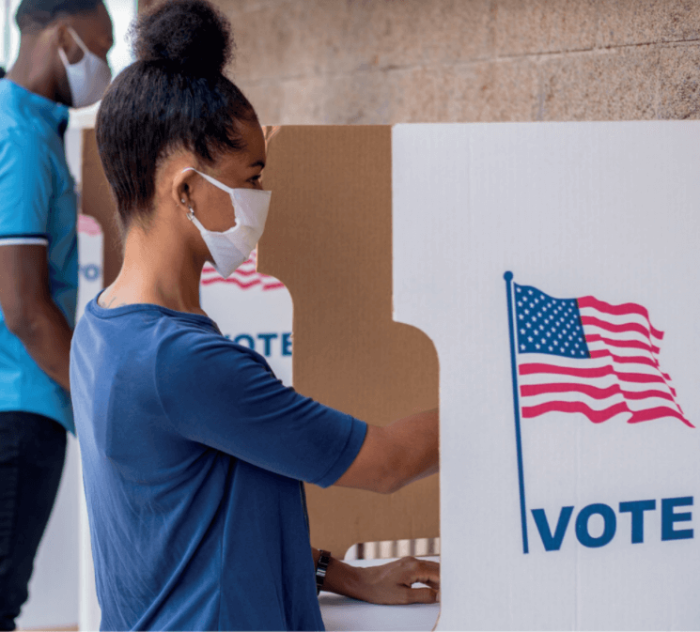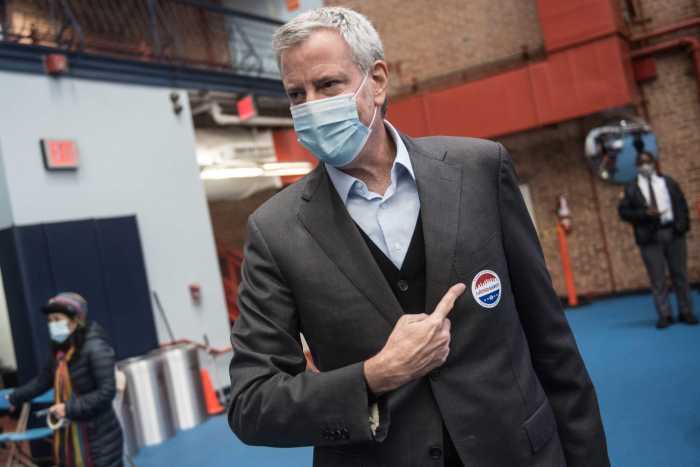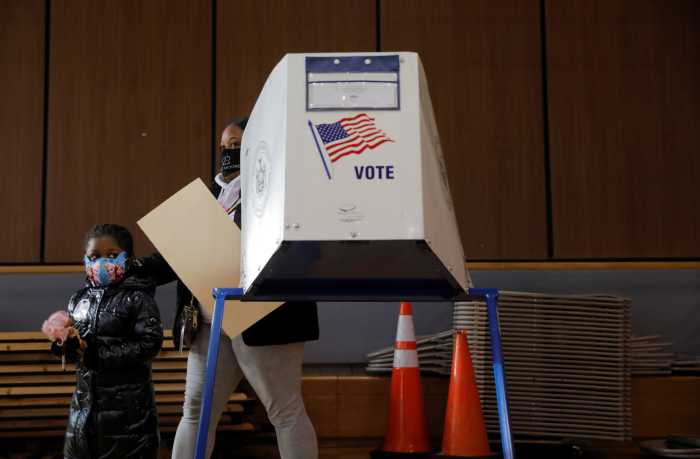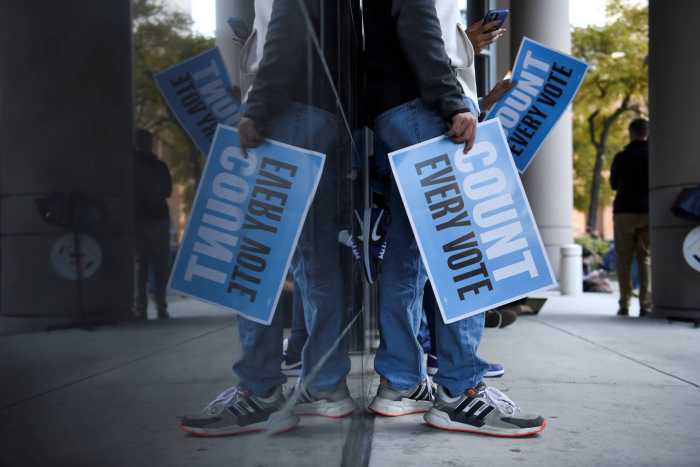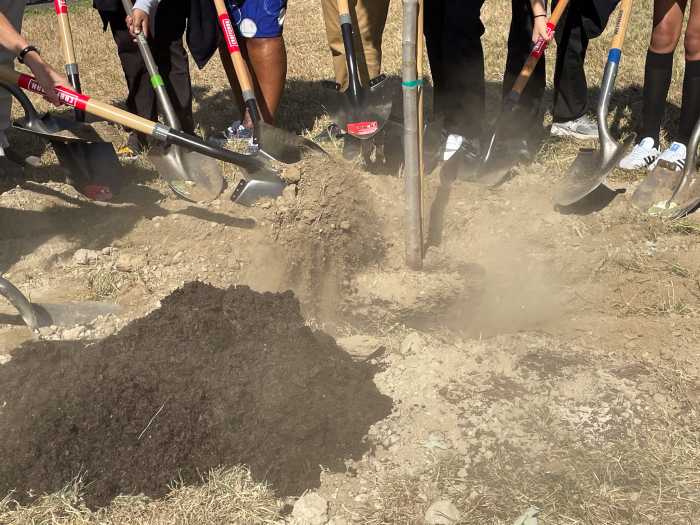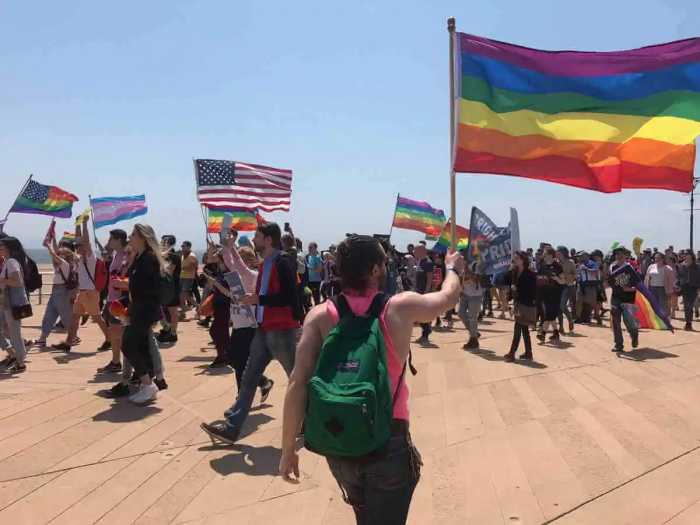For the fourth time this year, the Senate failed Wednesday to pass the John Lewis Voting Rights Act, legislation that would overturn many of the draconian measures some states have taken to make it harder for Americans to vote.
Necessary as it is to make sure every American can exercise their right to vote, the onus remains on all of us to actually do it when we are called to make choices on our future leaders.
Here in New York City, we seem to be taking our inalienable right to vote for granted. We came out in droves for the 2020 presidential election, with all the passion and fire that contest brought. But the 2021 election was no less important, as the city decided who would lead its government for the next four years.
And yet, so many registered voters simply didn’t care enough to make their voices heard.
The New York City Board of Elections sent out about 181,000 absentee ballots that are still being returned, and will be counted soon. By our count, if all of those ballots are returned and added to the 1,022,082 ballots cast in the mayor’s race through early voting and on Election Day, that leaves us with a projected turnout of 1,203,802.
Four years earlier, when Bill de Blasio won a second term as mayor, just 1,148,605 votes were cast — representing 22.7% of all 5,053,842 registered voters in New York City, an abysmal total.
The projected turnout in this election, in which New Yorkers chose a new mayor in Eric Adams, represents just 21.5% of the 5,586,318 registered voters. That would mean the turnout went down between mayoral election cycles, when voters had the chance to pick a new mayor and give the city a fresh start.
Keep in mind, too, that the 2021 election featured early voting, something the 2017 election did not. New Yorkers had nine days in advance to cast their ballots. So what happened? The turnout in this round of early voting was actually less than it was back in June during the hotly-contested Democratic primary.
Why did voters stay home? Maybe some of them felt Tuesday’s election was a fait accompli because Adams was the overwhelming favorite to beat Republican candidate Curtis Sliwa — and he did. It wasn’t close; the race was called 20 minutes after polls closed Tuesday night.
But it was more than just Adams on the ballot; 51 City Council seats were also up for grabs. The city’s legislature will remain firmly in Democratic control, but unexpectedly, the Republican caucus is poised to double its membership from three to six with a trio of stunning upsets. For those keeping score at home, New York City’s Democrats outnumber Republicans by a margin of 7 to 1.
We can legislate, we can educate, we can advocate about the importance of voting. But if the horse won’t drink the water, what do we do then?
You have the right to vote. You have the power to choose the people you want to represent you in the halls of government. What good is it to exercise that power only in a presidential election and leave it in storage for every other race?
And if you don’t think your vote is important, know that there are plenty of others out there who are very happy to take advantage of your apathy.
The sad reality is that today, there’s an active political movement that wants to prevent Americans from voting. We see that movement flourish in states like Texas, Florida and Georgia. We see it in the echo chambers of cable news blasting out lies about “stolen” elections. We saw it violently lash out at the U.S. Capitol on Jan. 6.
Dangerous as that is, the only thing worse is a democracy in which people don’t care enough to vote — because that only empowers those who wish to pick and choose who votes for them, and take the right to vote away from others.
The words of Franklin D. Roosevelt ring true today: “Nobody will ever deprive the American people of the right to vote except the American people themselves, and the only way they could do this is by not voting.”




